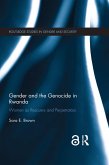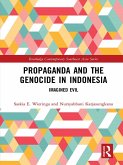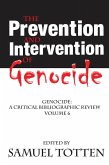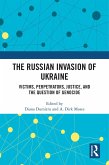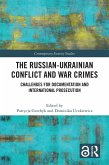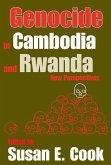Genocide at the Millennium is divided into ten chapters. The opening chapter treats the Yugoslav genocide, discussing the causes of the conflict, the violence that ensued, the reaction of the international community, and the ramifications that are still being felt in that part of the world today. Chapter 2 provides a detailed and thought-provoking examination of the causes, results and ramifications of the 1994 Rwandan genocide. Chapter 3 examines the conflict in Kosovo and the events surrounding the controversial intervention by NATO. Chapter 4 discusses the remarkable efforts and successes that various non-governmental agencies have had in addressing a wide variety of issues related to genocide. Chapter 5 examines the United Nations' efforts to address the issue of genocide at the turn of the century. The role of individual states confronting issues and cases of genocide is analyzed in chapter 6. Chapter 7 gives a solid overview of the evolution of international law as it pertains to the crime of genocide and how and why major changes in such law have begun to take place in the 1990s and early 2000s. The international criminal tribunals for Rwanda and the former Yugoslavia are considered in chapters 8 and 9. The concluding chapter provides an extremely detailed and highly informative overview of key aspects of the International Criminal Court.
In keeping with the multidisciplinary approach of previous volumes in the series, each of the essays and accompanying annotated
Dieser Download kann aus rechtlichen Gründen nur mit Rechnungsadresse in A, B, BG, CY, CZ, D, DK, EW, E, FIN, F, GR, HR, H, IRL, I, LT, L, LR, M, NL, PL, P, R, S, SLO, SK ausgeliefert werden.



